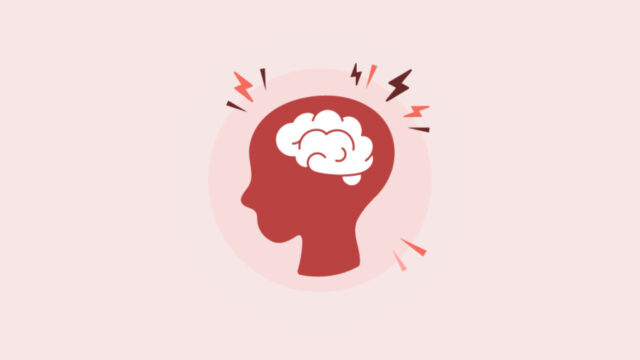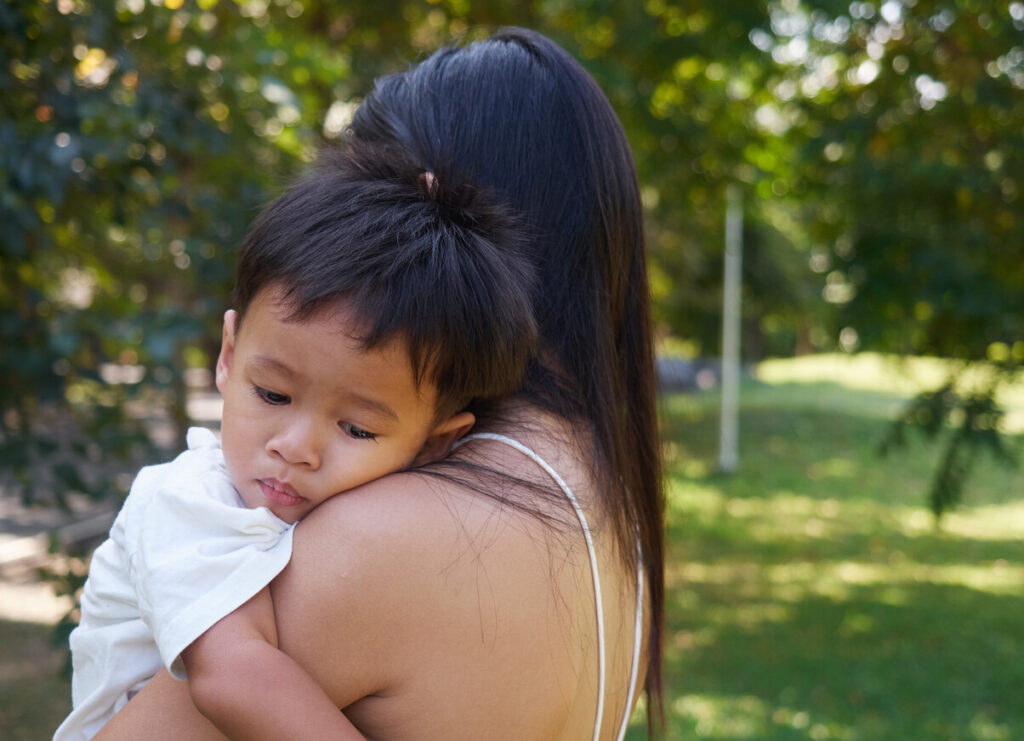Toxic Stress


Key Takeaways
- Toxic stress occurs when there is excessive or prolonged activation of stress response systems in the brain and body.
- Toxic stress can disrupt the healthy development of brain architecture and other bodily systems, increasing risk for stress-related disease well into adulthood.
- Supportive relationships with caring adults can help buffer a child’s stress response, promoting resilience and healthy development.
Fast Facts

Experiencing positive stress in the context of responsive caregiver relationships is an important part of healthy development. Activation of our stress response systems produces a wide range of physiological reactions that prepare the body to deal with challenges or threats, including increased heart rate, elevated blood pressure, and the release of stress hormones like cortisol. When a young child has supportive caregiver relationships, these responses are brief and return to normal quickly, fostering the development of a healthy, protective stress response.
However, when these responses remain activated at high levels for extended periods of time—without supportive relationships to help calm them—the responses meant to be protective can become harmful, and toxic stress can result. This type of stress can impair the development of neural connections necessary for healthy brain architecture, especially in the areas of the brain dedicated to more complex skills like language, attention, and decision-making. It can also disrupt the development of biological systems more broadly, with impacts on learning, health, and well-being across the lifespan.
Supportive influences from a child’s social environment, including responsive relationships, can help calm stress responses and buffer against sources of stress, but policies that support children and families are also essential. A caregiver navigating homelessness, poverty, or climate-driven extreme weather events like flooding and heat waves—all of which can make it challenging to access needed resources—may experience their own high levels of stress, making it more challenging to provide support for children in their care.
To learn more about Toxic Stress, check out the related Working Paper, InBrief, Videos, and more!
When a toxic stress response occurs continually, or is triggered by multiple sources, it can take a cumulative toll on a young child’s health and well-being, with lifelong implications. The more adverse experiences in childhood, the greater the likelihood of developmental delays and later health problems, including heart disease, diabetes, substance abuse, and depression. However, research has demonstrated that supportive, responsive relationships with caring adults as early in life as possible can help prevent or reverse the damaging effects of toxic stress response. This underscores the need for policies and programs that support caregivers to ensure we protect them from toxic stress and bolster their ability to provide attentive caregiving. In particular, it requires investment in marginalized communities where the needs are often greatest due to longstanding racist policies and underinvestment.
There are three types of stress responses: positive, tolerable, and toxic. These terms refer to the effects of the stress response systems on the body, not to the stressful event or experience itself.
Positive stress:
A normal, brief reaction that is essential for development, characterized by brief increases in heart rate and mild elevations in hormone levels. Examples include the first day at a new childcare setting or the temporary fear and discomfort that can come with receiving an immunization, with supportive relationships to help buffer against a child’s stress response.
Tolerable stress:
More severe, longer-lasting reactions that activate the body’s alert systems to a greater degree, such as the loss of a loved one, a natural disaster, or a frightening injury. If the stress activation is time-limited and buffered by relationships with adults who help the child adapt, the brain and other organs recover from what might otherwise be damaging effects.
Toxic stress:
Occurs when a child experiences strong, frequent, prolonged adversity—such as physical or emotional abuse, chronic neglect, caregiver substance abuse, exposure to violence, climate-driven extreme weather events like flooding, and/or the accumulated burdens of family economic hardship—without supportive relationships to buffer against stress. This can disrupt brain and organ development, potentially leading to lifelong health issues, underscoring the importance of policies and programs that support caregivers who can help protect children from toxic stress during times of adversity.